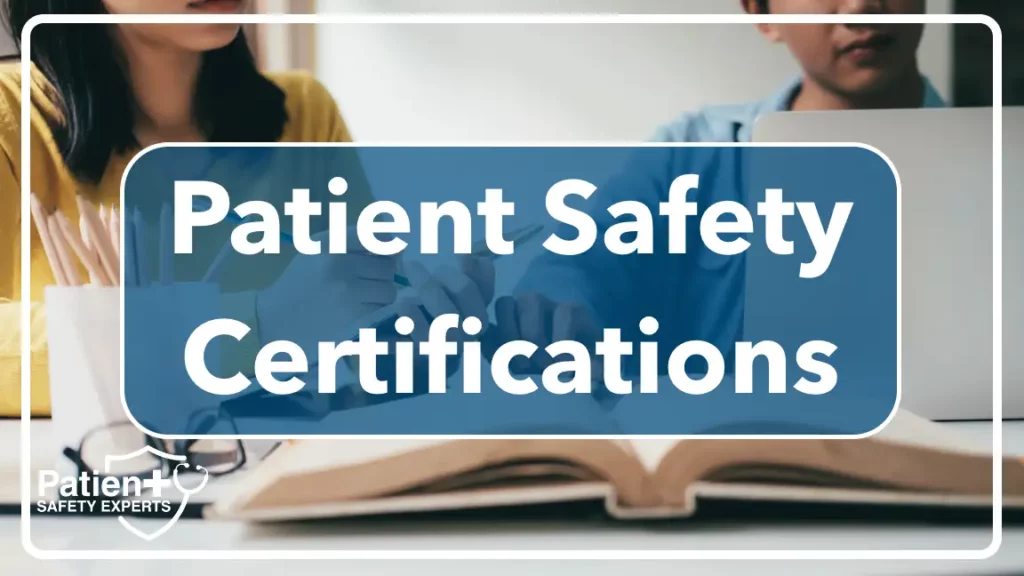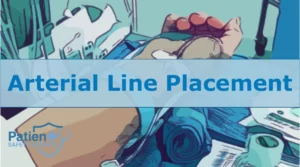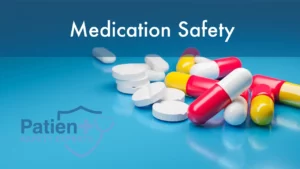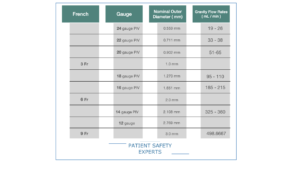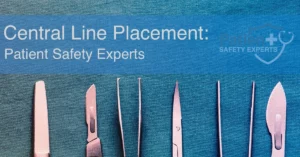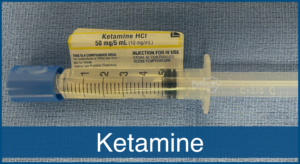Introduction to Patient Safety Certifications
In today’s complex healthcare system, the safety of patients remains a paramount concern. With the rise in medical errors and adverse events, there’s an ever-growing demand for qualified healthcare professionals specializing in patient safety. These professionals bring a unique blend of clinical practice, risk management, and regulatory compliance, ensuring a safety culture in healthcare organizations. But, with several patient safety certifications available, how does one decide which is the best fit? Let’s dive in.
The Growing Demand for Certified Professionals
There is a growing demand for patient safety professionals in healthcare:
- The US Bureau of Labor Statistics (BLS) projects that employment of medical and health services managers, which includes patient safety professionals, will grow 32% from 2020 to 2030, much faster than the average for all occupations.
- The BLS also projects that the employment of occupational health and safety specialists, another type of patient safety professional, will grow 10% from 2020 to 2030, faster than the average for all occupations.
- A 2022 survey by the Association for Healthcare Quality found that 93% of healthcare organizations reported that they are hiring for patient safety positions.
- A 2023 report by the American Hospital Association found that 96% of hospitals have a patient safety department or program.
The growing demand for patient safety professionals is being driven by several factors, including:
- An aging population with more complex healthcare needs
- The increasing prevalence of chronic diseases
- The rising cost of healthcare
- The need to improve patient safety and quality of care
Patient safety professionals play a vital role in helping healthcare organizations to prevent medical errors and adverse events. They work to identify and assess risks, develop and implement safety protocols, and investigate and learn from adverse events.
If you are interested in a career in patient safety, there are several different educational pathways that you can pursue. Many patient safety professionals have a background in nursing, medicine, or public health. However, several programs offer training in patient safety specifically.
Why Pursue a Patient Safety Certification?
Pursuing a patient safety certification offers myriad benefits, both personal and professional:
- Credibility & Recognition: Holding a certification demonstrates your commitment to the field, making you a sought-after expert.
- Skill Enhancement: Through rigorous coursework and training, certifications help hone skills, ensuring you’re up-to-date with the latest best practices.
- Career Advancement: Many employers prioritize hiring and promoting certified professionals, leading to better job prospects and increased salaries.
- Networking: Joining a cohort of certified professionals offers unparalleled networking opportunities, fostering collaboration and knowledge-sharing.
- Enhanced Patient Care: Ultimately, equipped with advanced knowledge, certified professionals drive better patient outcomes.
Obtaining a certification can provide a robust boost to your career. But with so many options out there, which one should you pursue?
Explore the range of tools and guides that can further help you in making an informed decision.
The Current Climate in Healthcare Systems
With medical errors ranking high in causes of mortality, the healthcare industry is in dire need of professionals who can drive change. Healthcare organizations, understanding the gravity of the situation, now prioritize hiring certified professionals.
Here’s why:
- Evolving Healthcare Landscape: With recent changes in regulations and a greater emphasis on quality care, there’s a pressing need for experts to guide healthcare systems.
- Emphasis on Data Analytics: With data collection and analysis becoming integral components of healthcare, professionals well-versed in these domains are sought after.
- Focus on Human Factors: A deeper understanding of human factors, especially regarding medication errors, is essential to enhance patient outcomes.
For insights into optimizing patient safety programs, explore our in-depth guide.
Overview of Popular Patient Safety Certifications
There are various patient safety certifications available. However, not all are created equal. It’s essential to choose one that aligns with your career goals and the needs of the healthcare setting you aim to work in.
Certified Professional in Patient Safety (CPPS)
- Who Should Apply: Professionals with a role in patient safety, quality assurance, and risk management.
- Eligibility: Baccalaureate degree with professional experience in healthcare.
- Content: Core standards of patient safety, risk identification, medication safety, and error disclosure.
- Why Choose CPPS: It’s the only accredited certification for patient safety professionals.
- Offered By: The Institute for Healthcare Improvement (IHI) and the National Patient Safety Foundation (NPSF)
Certified Professional in Healthcare Quality (CPHQ)
- Offered By: American Board of Quality Assurance and Utilization Review Physicians National Association for Healthcare Quality
- Who Should Apply: Professionals involved in healthcare quality management and leadership roles.
- Eligibility: Health professionals with experience in healthcare quality.
- Content: A broader certification encompassing quality, safety, management, and leadership skills in healthcare.
- Why Choose CPHQ: It is recognized globally and focuses on healthcare quality professionals.
Certification in Infection Prevention and Control (CIC)
- Offered By: Certification Board of Infection Control & Epidemiology
- Content: Focuses on infection prevention, risk assessment, and control strategies
- Who Should Apply: Those involved in infection prevention and control programs.
Patient Safety Executive Development Program
- Offered By: Institute for Healthcare Improvement (IHI)
- Content: Aimed at senior leaders in patient safety and quality improvement
- Who Should Apply: Healthcare executives and high-potential management candidates.
To understand the difference between ultrasound and manometry in central line placement, check out our detailed comparison.
Here’s a comparative chart for the various patient safety certifications:
| Certification | Provider of Services | Target Audience | Primary Focus | Distinctive Features |
|---|---|---|---|---|
| CPPS (Certified Professional in Patient Safety) | National Patient Safety Foundation | Health professionals with a role in patient safety, risk management, and quality improvement. | Core standards of patient safety, risk identification, medication safety, error disclosure. | The only accredited certification focused specifically on patient safety. |
| CPHQ (Certified Professional in Healthcare Quality) | National Association for Healthcare Quality | Health professionals involved in healthcare quality management and leadership roles. | Quality improvement, healthcare management, leadership skills. | Globally recognized certification focusing on the broader spectrum of healthcare quality. |
| CIC (Certification in Infection Prevention and Control) | Certification Board of Infection Control & Epidemiology | Those involved in infection prevention and control programs. | Core standards of patient safety, risk identification, medication safety, and error disclosure. | A focused certification for professionals dealing with infection prevention. |
| Patient Safety Executive Development Program | Institute for Healthcare Improvement (IHI) | Healthcare executives and high-potential management candidates. | Infection control, risk assessment, and control strategies. | Tailored for senior leaders; includes hands-on exercises and simulations. |
This chart offers a concise comparison of the various certifications, helping professionals choose the one that best aligns with their career goals and the areas of patient safety they’re most interested in.
To grasp a clearer picture of central line safety and its importance in patient safety, read more about the safe central line placement every time.
How to Choose the Right Certification for You
Selecting the right certification can be a daunting task. Here are steps to guide your decision:
- Assess Your Career Goals: Where do you envision your career heading? Choose a certification aligning with your goals.
- Evaluate the Curriculum: Which certification offers content most relevant to your current role or desired future role?
- Consider the Investment: Certifications come with time and financial investments. Can you commit to the required effort?
- Research the Certifying Body: A reputable institution enhances the value of your certification.
- Seek Peer Advice: Speak to colleagues or mentors who’ve undertaken certifications for insights.
Taking the First Step Towards Certification
For those ready to embark on this journey, here’s a roadmap:
- Assess Your Eligibility: While some certifications require a baccalaureate or associate degree, others may accept candidates with a high school diploma and substantial experience.
- Preparation: Invest in online courses, course readings, and hands-on exercises. Consider practice exams to gauge your readiness.
- Application: Once prepared, apply for the desired certification. Some, like the CPPS certification, might require contact hours or education credits.
- Examination: Testing centers globally offer these exams. Ensure you’re well-prepared and familiar with the exam format.
- Continuing Education: Post-certification, engage in professional development to stay updated.
For a detailed guide on central line safety programs, head here.
Conclusion: Navigating the Future of Healthcare with Expertise
In the evolving world of patient safety, certifications play a pivotal role in distinguishing dedicated professionals from the rest. By opting for a certification, you’re not only investing in your career but also committing to a higher standard of patient care.
Whether you’re a budding professional or a seasoned expert, there’s a certification tailored to your needs. So, take the plunge, enhance your skills, and pave the way to a brighter, safer healthcare future.
Patient safety certifications are not just credentials. They signify a commitment to enhancing healthcare services, reducing medical errors, and ensuring high reliability in healthcare systems. With the current emphasis on patient safety culture and quality care, these certifications are becoming an integral component of a successful healthcare career.
For those willing to take the next step, the journey promises rich rewards – from personal growth to the profound satisfaction of contributing to improved health outcomes. The path may be challenging, but the impact on patient safety and the larger healthcare landscape is immeasurable.
For more on healthcare analytics and its role in quality and performance improvement, [discover our expert insights.]
(https://www.patientsafetyexperts.com/healthcare-analytics-for-quality-and-performance-improvement/)
